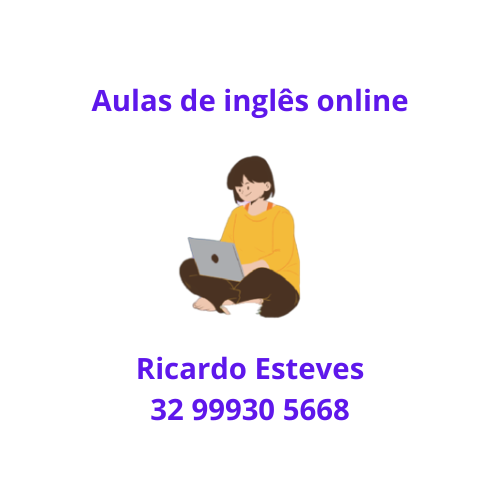Aprenda os artigos the, a e an através de um diálogo entre o professor e o aluno. Leia com atenção os casos especiais também. É uma matéria bem importante na qual você precisará dominar e te ajudará e muito em sua fluência. Os artigos the, a e an são muito usados em diversas situações. Aprenda os artigos através do diálogo abaixo.
Aprenda os artigos the, a e an.
Teacher: Good morning, John. How are you today?
John: Good morning, Ricardo. I’m doing well, thank you. I’ve been studying English grammar, and I have a question about the use of articles like ‘the,’ ‘a,’ and ‘an.’
Teacher: That’s great to hear that you’re studying! I’d be happy to help. What’s your question?
John: Well, I understand the basic rules for ‘a’ and ‘an,’ but I’m a bit confused about when to use ‘the.’
Teacher: ‘The’ can be a little tricky, but I’ll try to clarify it for you. We use ‘the’ when we are talking about something specific, something that both the speaker and the listener know about or have in mind. For example, “The car is in the garage” means that there’s a particular car we’re talking about, and both you and I know which car it is. Another example: “The cat is on the bed.” It means there is a cat on the bed that we can see at this moment.
John: I see. So, when do we use ‘a’ and ‘an’?
Teacher: ‘A’ and ‘an’ are used when we’re talking about something in a general or non-specific way. ‘A’ is used before words that start with consonant sounds, like “a book,” and ‘an’ is used before words that start with vowel sounds, like “an apple.” More examples: “a computer” and “an eagle”.
John: Got it. So, it’s “a book” and “an apple.” But what about cases like “an hour” or “a university“? They don’t start with a vowel letter.
Teacher: Ah, good question. You’ve picked up on a special case. We use ‘an’ when the word following it begins with a vowel sound, not necessarily a vowel letter. In the case of “hour,” the ‘h’ is silent, so it sounds like it starts with a vowel sound, and we say “an hour.” Similarly, with “university,” it starts with a ‘y’ sound, which is a vowel sound, so we say “a university.”
John: Are there any other special cases?
Teacher: Yes! An honest person. Honest is another special case because the letter H is silent too. A Europpean country. Europpen starts with a vowel, but its sound is similar to a consonant. In this case the letter Y. YOUROPPEAN (that should be the best pronunciation).
John: I see, so it’s about the sound, not just the letter. That makes sense.
Teacher: Exactly! You’re catching on quickly. Is there anything else you’d like to know about articles, or do you have any more questions?
John: No, that clears things up for me, Ricardo. Thank you for your help.
Teacher: You’re very welcome, John. Don’t hesitate to ask if you have any more questions in the future. Keep up the good work with your English studies!

The cat is on the bed.







